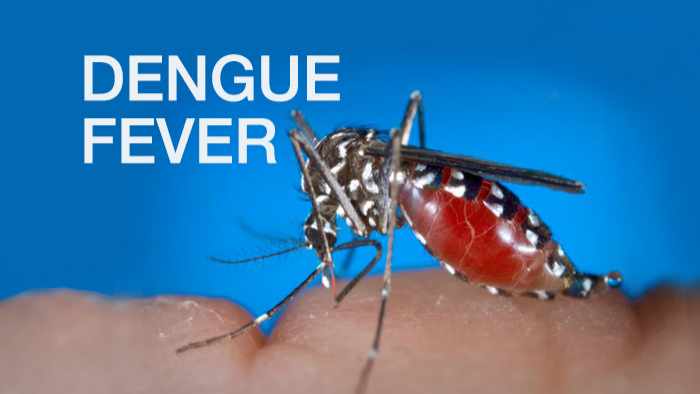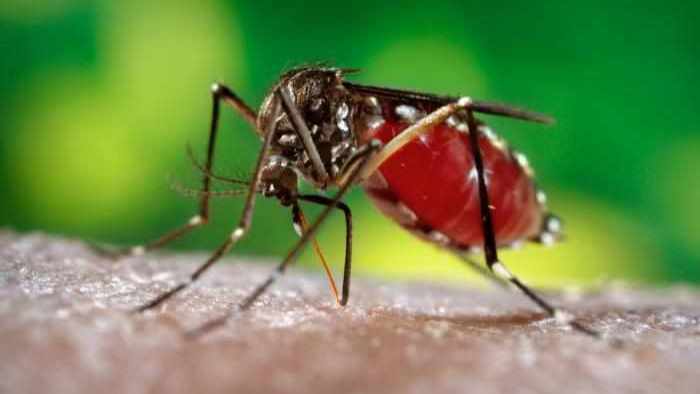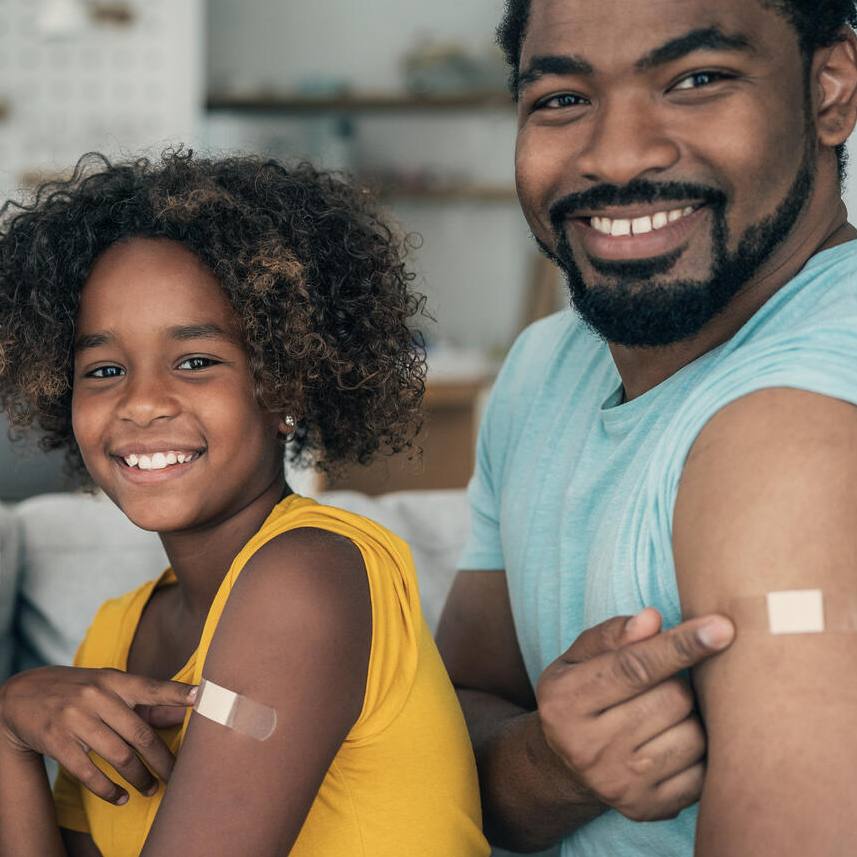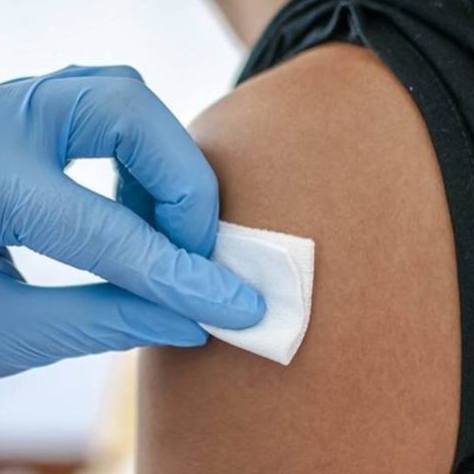-
Infectious Diseases
Mayo Clinic expert explains dengue fever

Dengue fever is a potentially life-threatening viral infection transmitted through the bite of infected mosquitoes.
"Four different subtypes of the virus can cause infections in humans," says Dr. Stacey Rizza, a Mayo Clinic infectious diseases specialist. "Wherever you have a significant number of mosquitoes and warm hot environments is where you see dengue transmission."
Watch: Dr. Stacey Rizza explains dengue fever
Journalists: Broadcast-quality sound bites with Dr. Rizza are available in the downloads at the end of the post. Please courtesy: "Mayo Clinic News Network." Name super/CG: Stacey Rizza, M.D./Infectious Diseases/Mayo Clinic.
Approximately half of the world's population lives in areas vulnerable to dengue fever, particularly in hot and humid tropical and subtropical climates.
"That's why you see it in parts of the world such as Southeast Asia, South America, the Caribbean, and even some parts of the southern U.S., around Florida and Louisiana.," says Dr. Rizza.
The primary transmitter of dengue fever is the Aedes aegypti mosquito, known to bite during both day and night. About 1 in 4 people infected with the virus will experience symptoms ranging from mild to severe.

Symptoms of dengue fever
"They usually notice fevers, body aches, bone aches, muscle aches; many times, they even describe an aching behind their eyes. They can get some nausea, vomiting and even diarrhea," Dr. Rizza says.
While most people recover within about a week, severe cases can lead to life-threatening emergencies.
Symptoms of severe dengue fever may include:
• Severe stomach pain.
• Persistent vomiting.
• Bleeding from your gums or nose.
• Blood in your urine, stool or vomit.
• Bleeding under the skin, which might look like bruising.
• Difficult or rapid breathing.
• Fatigue.
• Irritability or restlessness.
Treatment
Unfortunately, there is no medicine to treat dengue fever.
"There's no antiviral or no treatment for dengue fever," she says. "It's what we call supportive therapy. Maintaining good hydration, particularly as people are sick and having fevers, is important. They can use acetaminophen to take care of the fevers, bring down the temperature, and then ensure they take in fluids and still get some form of eating."
"If they become severely ill and aren't able to keep up with their fluid status, they should go to their hospital and may require hospitalization to help support them," says Dr. Rizza.
Though there is no direct treatment, a vaccine is approved in many countries for children ages 9-16 who have previously shown evidence of dengue infection. Dr. Rizza says the vaccine is not approved in the U.S.
"You give it to people who have already had immunologic evidence of a previous dengue infection, and then you give it to them to help prevent them from becoming reinfected," she says.
Prevention
Preventing mosquito bites is vital to avoiding dengue fever. Here are some strategies:
• Use bug spray with DEET, picaridin or oil of lemon eucalyptus to prevent mosquito bites.
• Remove any stagnant water where mosquitoes can lay eggs.
• Eliminate items that hold water, such as vases and flowerpot saucers.
• Ensure intact window screens and closed doors to keep mosquitoes outside.
• Wear protective clothing such as long sleeves and pants.
The Aedes aegypti mosquito is responsible for several viral infections, including dengue fever, yellow fever, chikungunya and Zika.
Related Articles







